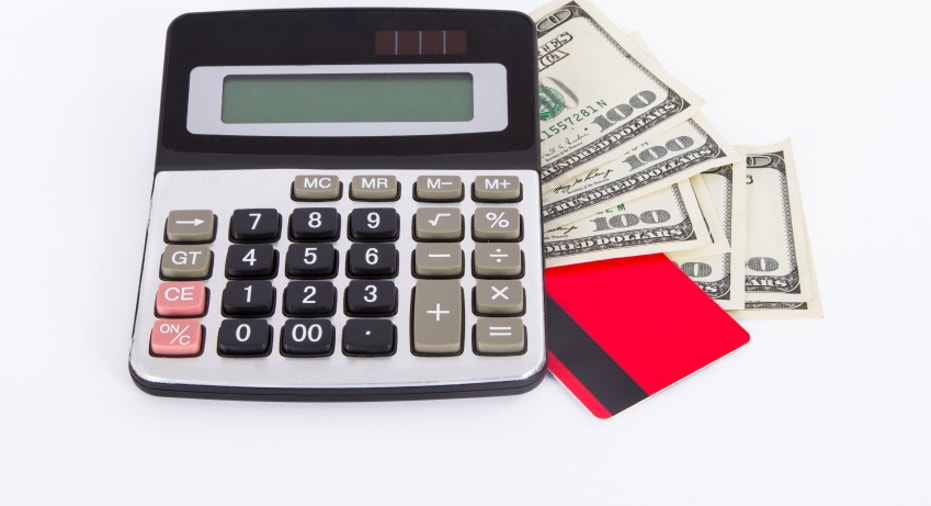The Rules of Cash Advances on Someone Else’s Card

Dear To Her Credit,
I was an authorized user on a credit card. The primary cardholder called and had a card put in my name attached to his card. He was in his right mind and made his own decisions. While he was alive, I transferred money from the credit card to my account.
The credit card is now paid off, and the primary cardholder is deceased.
The family members of the deceased are starting to check past credit card statements. They will see where I made purchases on the card. Although it's paid off, will the family try and sue me for charges I made and try to get me to pay back the money? I'm worried.
- Kim
Dear Kim,
Legally, it doesn't sound like you did anything wrong. This cardholder, presumably a close friend of yours, authorized you to use his credit card. This included the right to take cash advances on the account. The family may not like the fact that you took cash in that manner, but they can't do much about it.
As an authorized user, you would not be responsible for the balance on the accounts, even if they were not paid off. In ordinary circumstances, you cannot be forced to reimburse the estate or other family members who paid off the card.
Legal liability and the dictates of your conscience can often be two different things, however. The fact that you are worried about the advances makes me wonder about a few things. Did you take cash advances of $100 -- or was it more like $10,000? Could the cardholder afford such cash advances? How large are your total cash advances in relation to the rest of the deceased person's estate?
If your cash advances were substantial, you could hardly blame family members if they wonder where large cash advances on the deceased person's credit card account were going. Assuming he was in sound mind, as you say, they can't get the money back from you, any more than they can undo other purchases and gifts the deceased person made before he died. That doesn't mean they can't confront you, though.
If you're not completely comfortable with the cash transfers you made, and it sounds like you are not, you have a few options.
You can do nothing and hope for the best. The family members may not notice the advances if they are relatively small, or they may decide not to ask you about them. The problem with this approach is that it doesn't give you any closure. In addition to your grief at losing your friend, you are living in suspense, wondering if and when a family member may call. I don't recommend this option.
The second option would be to contact the family and explain the situation. This could be by phone or by letter. Express your condolences and briefly explain that your friend added you as an authorized user and why. For example, if you were sick or unemployed when your friend offered to let you take cash advances, the family is more likely to be understanding than if they are left to imagine you took the money to go out on the town.
Depending on your financial circumstances and those of the family, you may choose a third option. You may choose to repay part or all of the cash advances of your own free will. If the deceased person has dependents, or if you know that the family members had to dig into their own pockets to pay final expenses, you may especially favor this option. If your circumstances have improved since your friend let you use his card -- for example, if you're back on your feet with a new job -- paying money back can help you feel good about helping the family and honoring the memory of the friend you lost.
See related: When a cardholder dies in debt, authorized users are not liable



















